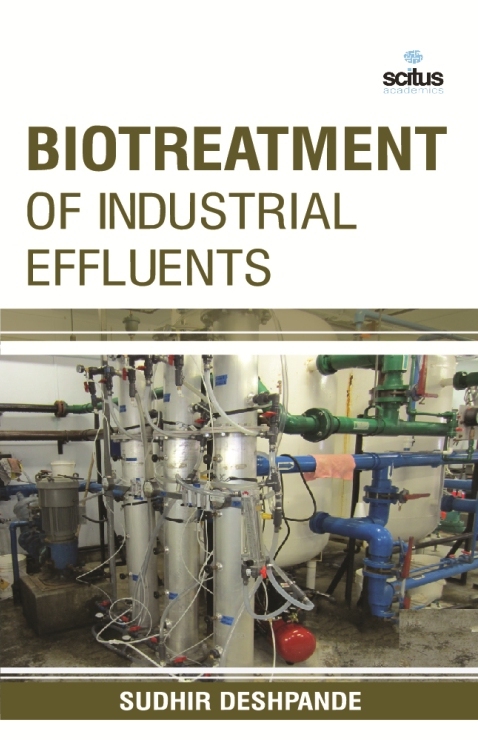Biotreatment of industrial effluents describes difficulties encountered in biological treatment of wastewater with highly variable influent characteristics. Typical design aspects of biological processes are presented and discussed with respect to their success in treating highly fluctuating wastewaters. In general, biomass retention is a key factor for dealing with highly fluctuating and/or inhibitory wastewater, but the how it operates also affects the stability of performance, as it was shown that dynamic operation instead of operation at a constant flow enhances biodegradation onset and more evenly distributed activity. Biotreatment of industrial wastewater is often challenged by operation under transient states with respect to organic loads, pollutants, and physical characteristics. Furthermore, the potential presence of inhibitory compounds requires careful monitoring and adequate process design.













